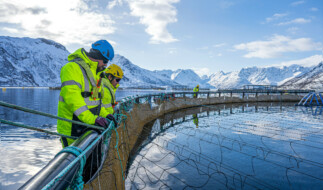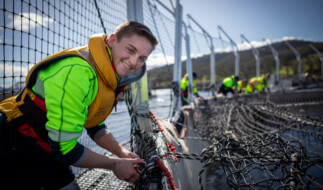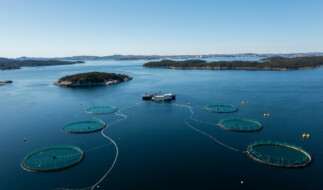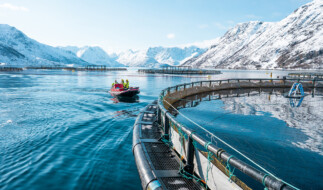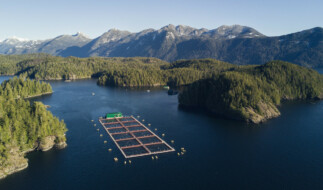GSI TASK FORCES: HOW WE’RE DELIVERING FARMED SALMON THAT’S RAISED TO BE BETTER
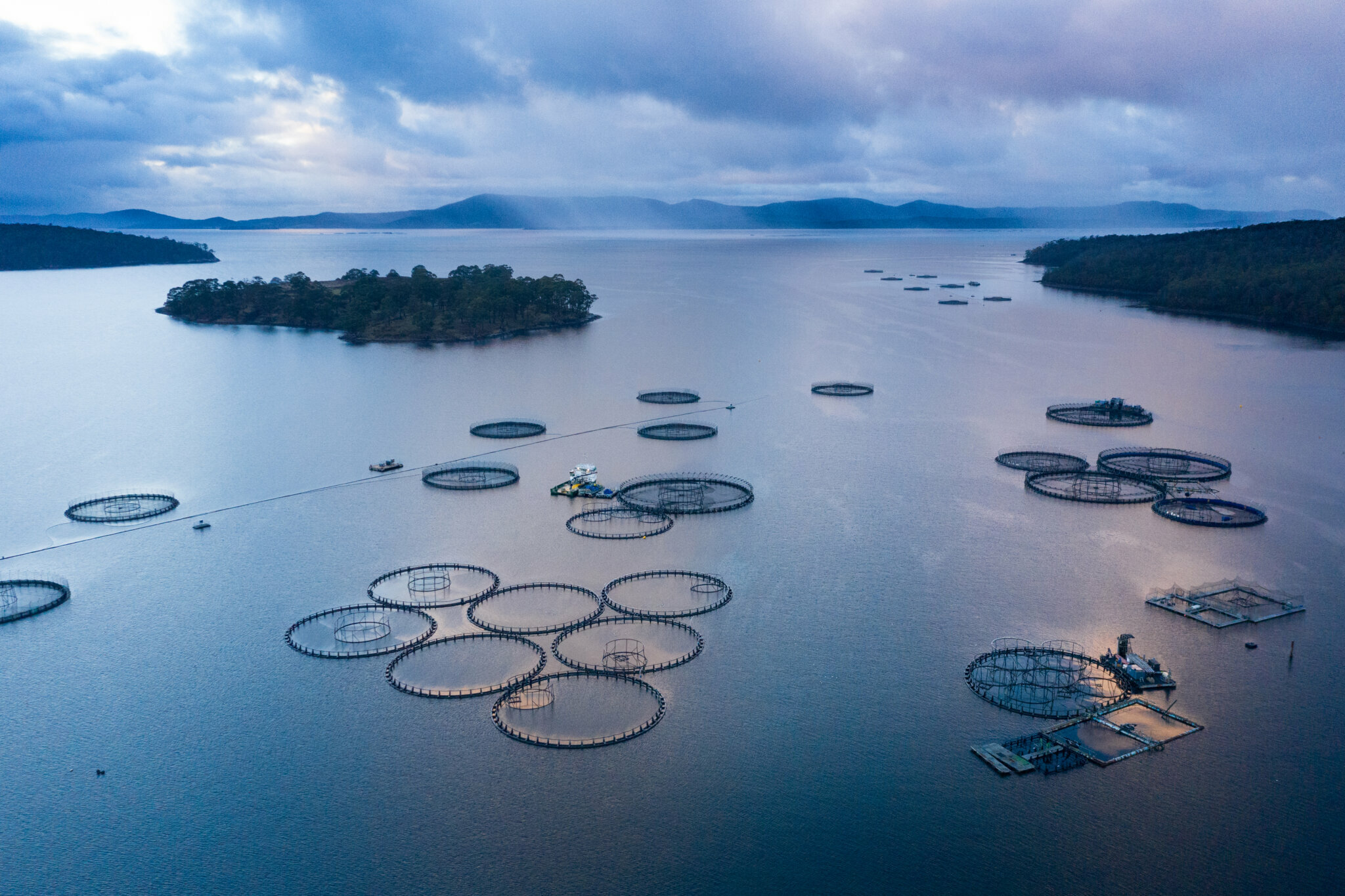
Global Salmon Initiative shares a closer look into the work of our five task forces
We believe that today’s global food systems offer countless opportunities to drive widescale health, social and environmental improvements, even in the face of unprecedented challenges. Taking advantage of these opportunities requires us to collaborate and conduct research at the global level, pool resources and share knowledge to ensure the sector is making progress – and that’s exactly what we’re doing at Global Salmon Initiative (GSI).
Our vision is to help drive food system transformation, and we see collaboration as the critical success factor in achieving this. Which is why, within our network we unite 13 salmon farming companies and 8 supply chain associates, who are ordinarily competitors in every other context, to focus on addressing the sector’s most pressing environmental challenges. Yet, by working collaboratively through GSI, our members are bound by a common vision for producing farmed salmon that’s raised to be better. With this type of pre-competitive collaboration, we are able to promote faster and more extensive knowledge exchange, accelerate speed of innovation and ensure greater adoption of best practices.
Our members collaborate at every level; though our mission is CEO-led, the day-to-day work is managed by technical experts within our task forces. GSI task forces focus on driving real and measurable improvement in five areas: climate, Aquaculture Stewardship Council (ASC) certification, fish welfare, feed, and plastics.
Here’s a look at each task force and what they’re working on to ensure each member company’s salmon is raised as sustainably, responsibly and ethically as possible.
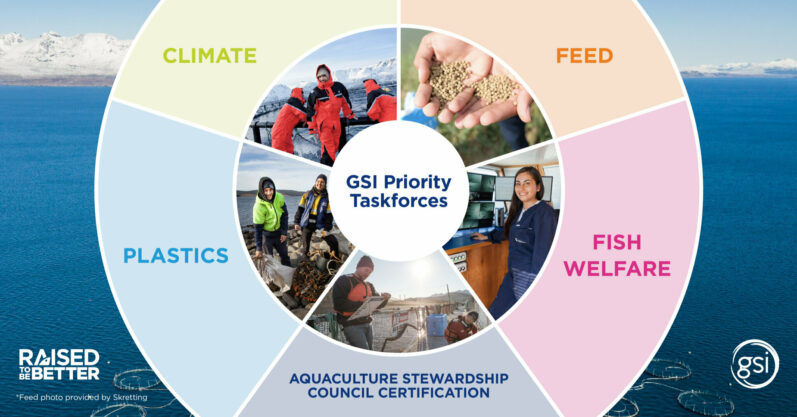
Our members collaborate at every level across these five task forces.
Climate Task Force
A carbon footprint measures the total greenhouse gas (GHG) emissions caused directly and indirectly by the production of a product. Maintaining a low carbon footprint is one way farmed salmon can continue serving as a healthy- and climate-friendly protein source to help meet the world’s food needs.
The Climate Task Force meets approximately every quarter and has co-developed a GHG emission framework with the World Wildlife Fund. The task force will use the framework to document and measure our member farms’ GHG emissions and support them in implementing GHG mitigation strategies. Our hope is once we have the framework up and running, it can be utilized by the wider sector to help the whole sector use consistent reporting methodologies and build awareness of hot spots for mitigation.
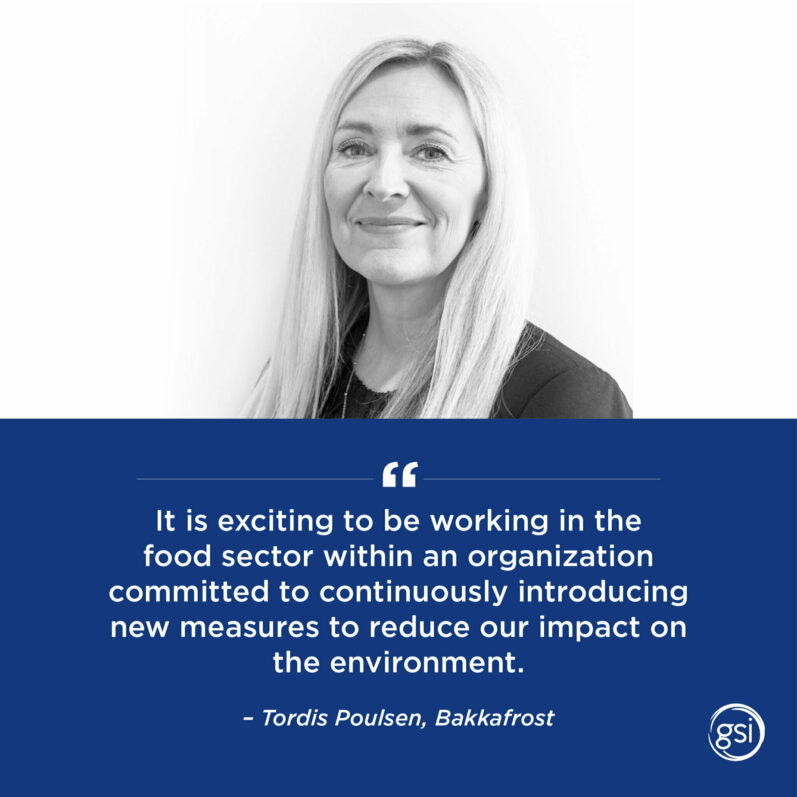
Aquaculture Stewardship Council Task Force
Certification from the ASC is seen as the most rigorous and all-encompassing available for aquaculture. With ASC certification as our benchmark for sustainability progress, GSI member farms can provide the assurance that they are operating in a responsible manner while also providing a high-quality product.
Achieving the ASC Standard is no easy feat, so our ASC Task Force meets monthly to share challenges and share best-practices to help them meet the required metrics. When GSI began, no salmon farm was certified but year on year we are increasing the number of ASC-certified salmon operations across GSI member companies worldwide, and we will keep going until we reach 100%.
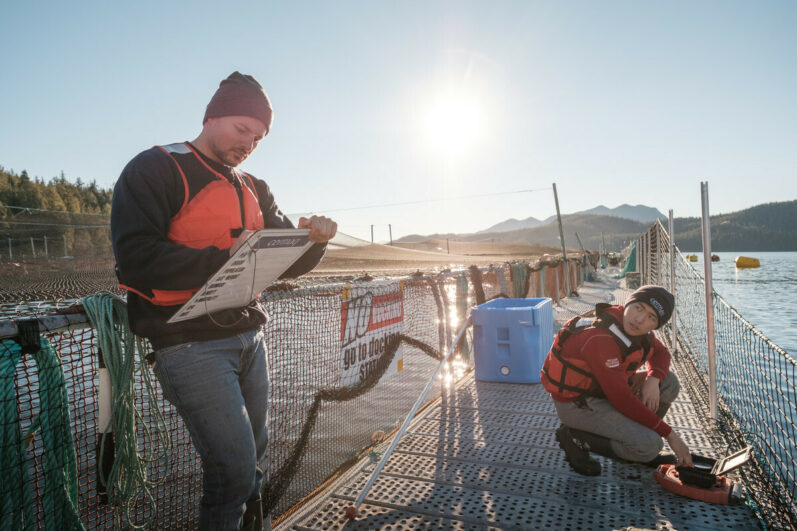
We’ve committed to achieving 100% of GSI member production becoming ASC certified.
Fish Welfare Task Force
Fish welfare depends on a range of biological and environmental factors, including (but not limited to) living conditions, health, and nutrition. Ensuring optimal fish welfare is key to raising healthier, higher-quality fish, and in managing environmental impact. In turn, healthy fish improves our farming productivity and overall sustainability performance.
The GSI Fish Welfare Task Force meets monthly to identify and share industry-leading best practices on key topics, such as reducing antibiotics use, managing and preventing sea lice, and reviewing the impacts from climate change, such an algal blooms, which all impact fish welfare.
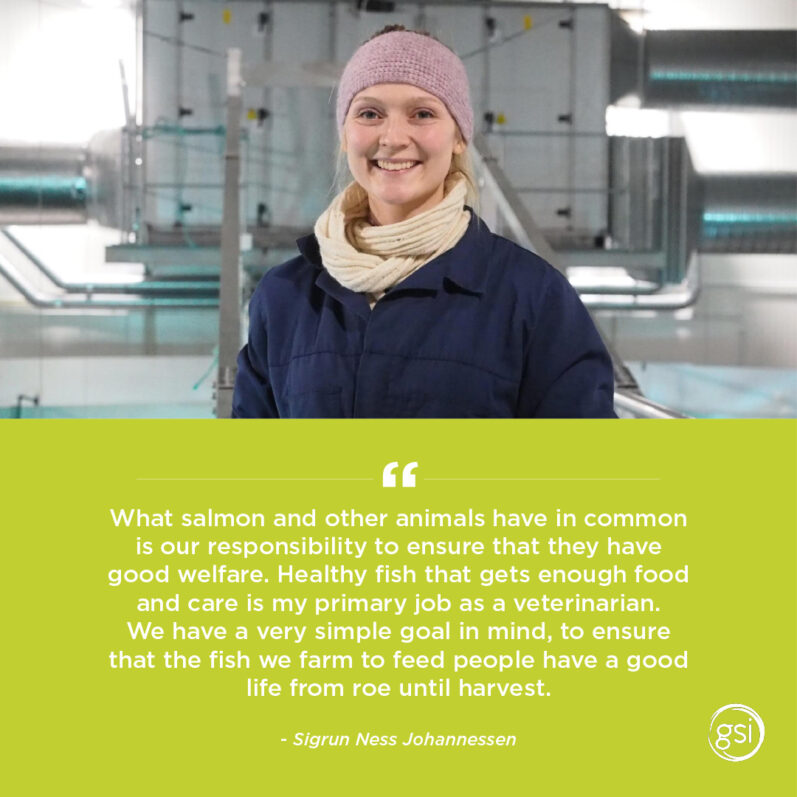
Feed Task Force
Feed ingredients provide farmed salmon with all the protein and essential nutrients required for optimal health and growth. Ultimately, these ingredients contribute to the many health benefits of eating salmon. GSI helps the industry maintain the nutritional profile of feed while reducing environmental impacts related to feed ingredient sourcing. It’s through the work of this task force that we’ve been able to uncover novel ingredient alternatives to significantly reduce members’ reliance on marine resources, as well promote greater efficiencies in feed and support the use of by-products.
The Feed Task Force meets on an as-needed basis to support knowledge exchange on the always evolving landscape related to sustainable sourcing of feed ingredients, and in addition working with the newly developed ASC feed standard.
Plastics Task Force
The livelihoods of salmon farmers and the health of our fish depend on a healthy, plastic free ocean. GSI is looking not only at the oceans around our farming sites, but across our operations and the whole supply chain to identify opportunities to take action on plastics use. We’re implementing an eliminate, innovate, mitigate, recycle and remove approach.
The Plastics Task Force meets approximately every quarter to share knowledge and we’re currently working to map plastic use across salmon farming operations and promote initiatives to reduce (or eliminate, where possible) plastic use in our supply chain.
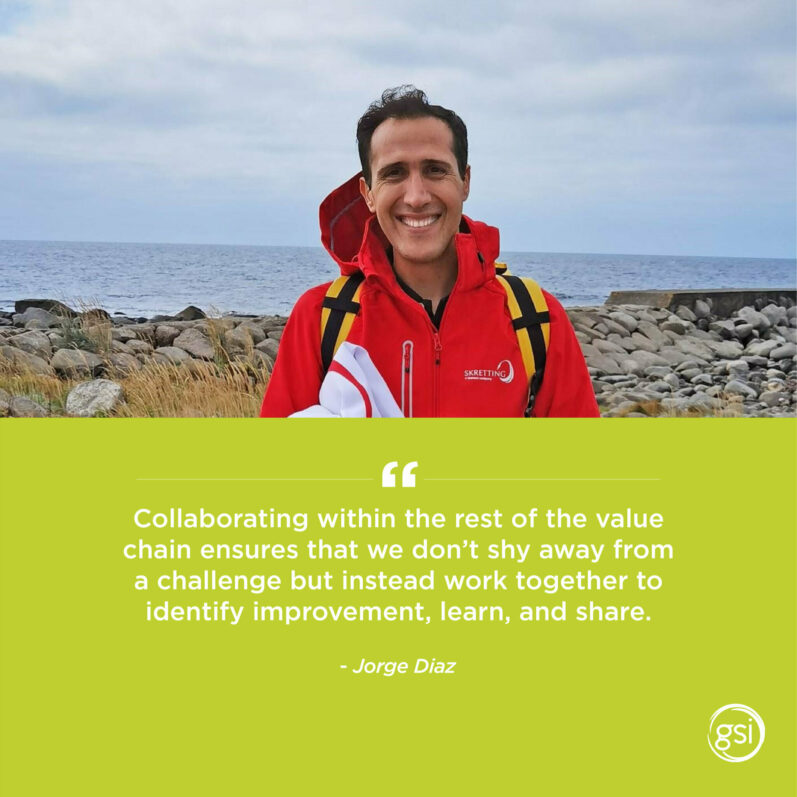
As you can see, we have exciting – and ambitious – plans for 2022 and beyond. Stay tuned for regular updates about the progress we’re making through our Task Forces and other GSI initiatives.
